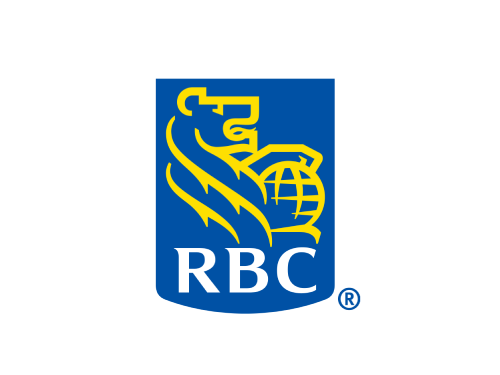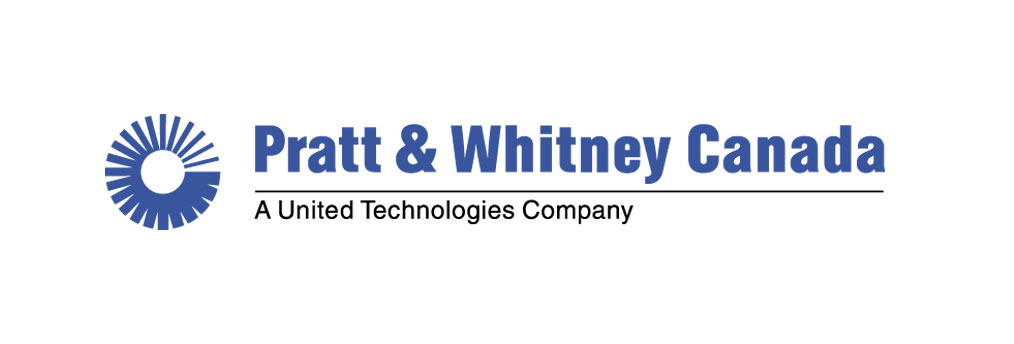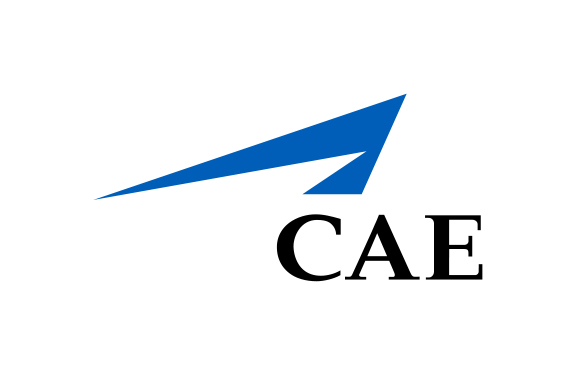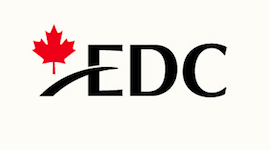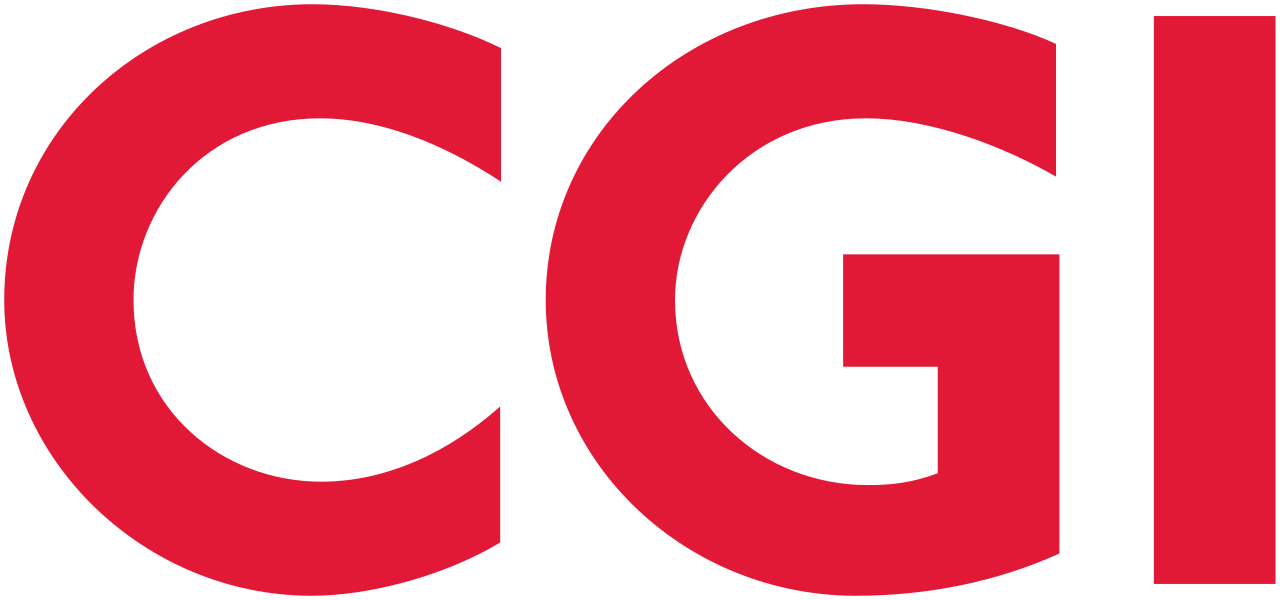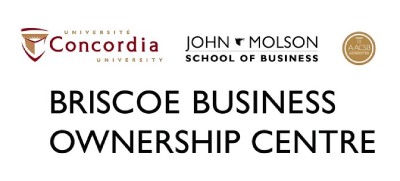Contestants show prowess in corporate beauty contest
If it were not for the predominance of dark blue suits, the procession of young men and women trooping on to the stage might be mistaken for entrants in a beauty contest.
In a way, that’s what it was ‚Äî a corporate beauty contest in which the most attractive figures were on paper, and a persuasive turn of phrase would be more important than a classy pirouette.
For the contestants at last week’s case competition at Concordia University, it was more than just a chance to take on other graduate business schools for honour and a little prize money. It was also an opportunity to strut their stuff in front of 70 of Montreal’s top executives.
Some of the business men and women who come to judge do so because of past connections with Concordia or because they want to keep in touch with what is happening at the business schools supplying their most essential raw material.
But most of those whose companies may be in the market for fresh bodies will admit that they are also attracted by the chance to check out in a few short days some of the best Canada’s schools can put out.
“There’s no doubt about it,” said Bert de Boer, vice-president of investment funds at Standard Life Assurance Co. of Montreal. “In investment counselling, you need people who can stand on their feet and be convincing.” And that is precisely what contestants in the Concordia event have to do to win.
The principle of case competitions is not new. Teams are presented with a corporate problem drawn from real life and must come up with a convincing solution.
The Concordia competition, now in its fifth year, has four rounds. The first case is sent out a couple of weeks early and is marked purely on a team’s written report.
In the next two rounds, teams have four hours to prepare a written submission limited to five pages and a subsequent oral presentation. The final round, limited to the three teams that have the highest scores in the first three, is based strictly on the spoken word.
For job-hunting contestants, one big attraction is that they do not have to be on the winning team to get noticed.
In fact, picking up job offers is not restricted to those on stage.
Norma Passaretti was one of the two student organizers in charge of running the event in 1983.
That was the year the contest expanded from five teams to 14 and from 16 judges to 70, and her efforts caught the eye of Robert Normand, vice-president of commercial banking at the Bank of Montreal.
With 20 years in the education field already behind her when she decided to take her Master of Business Administration degree, she had not even applied for a job with the bank. “When the Bank of Montreal came to talk to me, I remember thinking: ‘I’m not a banker.’ ” she said.
But Mr. Normand said he was impressed by her organizational talents and her ability to think on her feet. He asked her to apply and saw her hired in short order. She joined as training manager for Eastern Canada and is now area manager for the bank’s eastern region.
Last weekend, she was back in the audience checking out this year’s MBA crop.
The bank has been a big booster of the competition. This year, it not only provided prize money but also sponsored a breakfast, one of several social events designed to bring contestants and judges together.
However, recruiting is not the only attraction of the case competition for the business community. It also gives business a chance to keep in touch with what is happening in the schools.
In the past five years, the competition has shown the results of an increasing emphasis on the case method in teaching at Canadian universities, with some of the smaller, lesser known schools doing surprisingly well.
This year, for example, it was the University of Quebec in Montreal that carried off the top prize, just ahead of the home team from Concordia and Newfoundland’s Memorial University.
While the expected big names show up regularly, Halifax’s Dalhousie University won the 1963 contest. Laval University came third that year and the following one. Sherbrooke University came third in 1985.
Mr. Normand said he has been particularly impressed by the recent progress at Quebec universities.
The University of Quebec in Montreal “has come from nowhere to become a strong contender in these things,” and this year’s success reflects not only a shift to a more practical approach in business teaching methods, but increasing interest in business courses on francophone campuses.
“Academia has not stayed still,” said David Goldman, vice-president of operations at Noranda Inc. of Toronto and, like Mr. Normand, a Concordia MBA graduate. “They tackle what is critical in today’s environment and not just standard textbook stuff.”
The other lesson to be drawn from the pattern of winners is that schools may not be as important as the individuals who go there in any given year. But that has not removed the contest’s one disappointment ‚Äî the continuing absence of the University of Western Ontario.
Western, which still has a reputation as Canada’s best business school, competed once in the early days, finished badly, and has never been back.
Because its reputation has little to gain from winning and everything to lose from failure, Western may be in a no-win situation. Still, Mr. Normand said, “I find it curious that the best school in the country, supposedly, doesn’t want to participate.”







